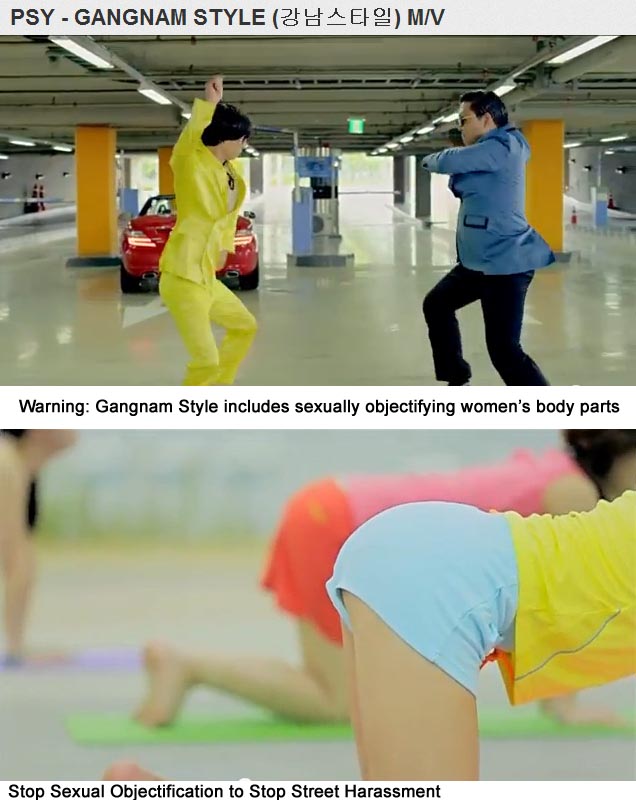Trigger Warning —
In rare instances, street harassment ends in murder (here are a few examples) and sadly, that is what recently happened in Egypt. The Egyptian Centre for Women’s Rights just released this press release about it:
“The Egyptian Center for Women’s Rights (ECWR) strongly condemns the horrible accident murder of a young lady who is 20 years old in Assuit via an Automatic rifle. The incident began when “Iman Mostafa Mohamed” was walking in the village’s main street with her friend, then she felt that someone touched part of her body that is considered a sexual assault, so she spit on his face and insulted him and said: “I will get my rights back..I will get my rights back against your will.”
Therefore, he pushed her to the ground and kicked her; then he shot her before she rises and she died in a matter of few minutes. This is terrible crime happened within the increase of sexual harassment which is considered a cancer that should be treated as soon as possible.
Based upon ECWR’s close monitoring of the phenomenon and noting the increase in the percentage of sexual harassment crimes, ECWR sent a law draft to President Mohamed Morsy on Monday 27 August 2012 in order for him to adopt the law draft of criminalizing sexual harassment for the year 2012 by amending the No.58 of 1937 and no response was received. Additionally, the law draft was sent several times to the elected councils with no response as well.
It should be noted that the law draft was developed through continuous efforts for three years on behalf of the legal personnel, security personnel, civil society representatives and activists. This law draft was developed based on two studies; the first, “sexual harassment is a social cancer” where the sample of 3000 women mentioned that they were harassed at least once before.
As per the second, “Clouds in Egypt’s Sky” of 50% women and 50% men sample where 83% of the Egyptian women said that they were harassed and 63% of the Egyptian men mentioned that they sexually harassed at least one time before.
This is a serious indicator concerning women’s safety in the streets, as this phenomenon of sexual harassment is leading to murder crimes.
Consequently, the Egyptian Center for Women’s Rights ECWR demands voluntarily defending the victim and asking the state to take the necessary and strict procedures by:
Fair and quick trial of the murderer, so that the Egypt’s streets shall not turn into a violent environment like street wars.
Passing the suggested law of sexual harassment that was sent before to President Mohamed Morsy in order to adopt it as part of his legislative authorities that were passed to him due to the absence of the legislative council.”
It’s horrible that she was murdered simply for standing up for herself. What a terrible, senseless end to her young life.
Her story shows the seriousness of street harassment and it illustrates how a woman can never be sure what kind of reaction will escalate the situation. Maybe in another situation, her response would have scared or embarrassed the harasser and caused him to leave or apologize. The onus really should not be on women to have to figure out in a split second what will be the “best” response, the one that will keep them from getting spit on, chased, called a “bitch,” assaulted or murdered. (And for those who may say, well her angry response provoked him, first that is victim-blaming and second, other murders by street harassers have occurred when the woman ignored them!) The onus should be on men to not harass and on bystanders and society at large to work on prevention efforts and hold harassers accountable.
Until there is a cultural shift so that street harassment is no longer dismissed, trivialized, or blamed on the harassed person, street harassment will continue. Will a law criminalizing it help spur a cultural shift? Maybe. But Egypt’s political landscape is unstable so it seems unlikely it will be enforced. I would bet that the citizens who are taking it upon themselves to patrol for harassers will have more of an impact right now than an unenforced law.




